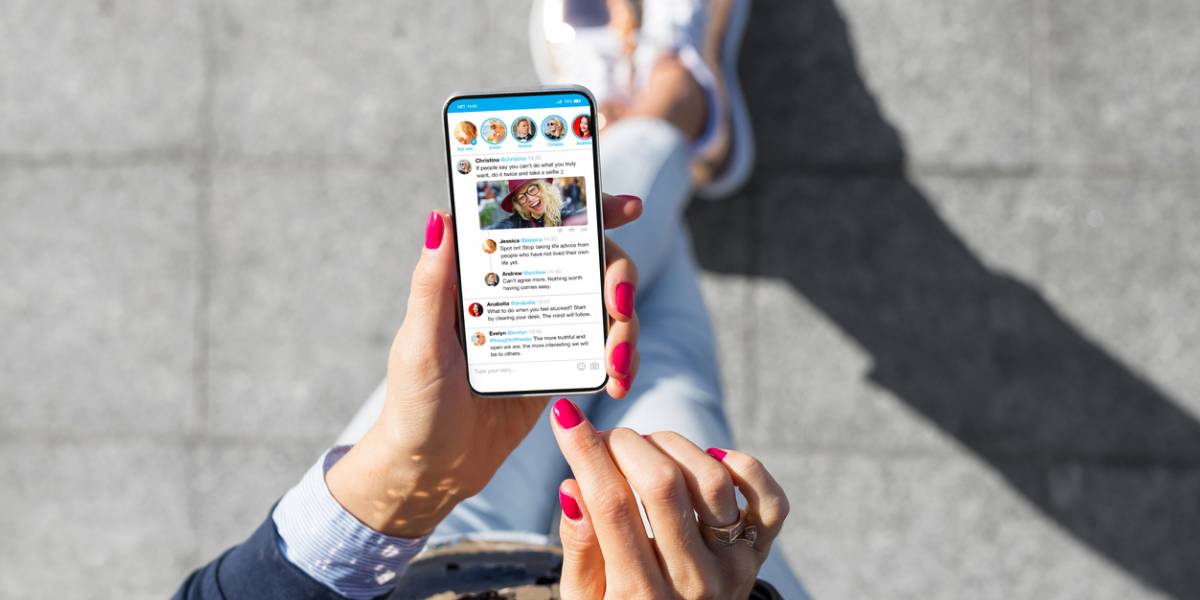Loneliness, fear of missing out, anxiety and depression are all significantly reduced in young people when they scale back their use of social media to just 30 minutes a day, research has found.
The results follow a warning from the American Psychological Association and the U.S. Surgeon General about growing evidence that young people are using social media more, and their mental health is getting worse.
One study has found that a simple intervention may help. Researchers from Iowa State University carried out a two-week trial with 230 college students, who were tasked with cutting their social media use to 30 minutes a day and received daily reminders.
- Patient influencers: experts call alarm about the rise in social media trend
- Social media firms ‘must act now’ to crack down on videos being blamed for rise in child vapers
As well as having lower levels of depression and anxiety compared to the control group, the study group also appeared to have more positive outlook on life, with “the tendency to experience positive emotions described with words such as ‘excited’ and ‘proud.’”
Lead author Ella Faulhaber, a PhD student in human-computer interaction, said: “It surprised me to find that participants’ well-being did not only improve in one dimension but in all of them. I was excited to learn that such a simple intervention of sending a daily reminder can motivate people to change their behaviour and improve their social media habits.”
The benefits of reducing social media use were also seen in those participants who sometimes went over the 30-minute limit, leading Faulhaber to say: “The lesson here is, it’s not about being perfect but putting in effort, which makes a difference. I think self-limiting and paying attention are the secret ingredients, more so than the 30-minute benchmark.”
While the study participants said that the first few days of cutting back on social media were difficult, the benefits they reported included better sleep, spending more time with other people and feeling more productive and more in tune with their lives.
- Social media consumption during adolescence can lead to dissatisfaction with life
- Deteriorating health associated with regular social media use
Co-author Douglas A. Gentile, distinguished professor of psychology, said: “Knowing how much time we spend on activities each day and making something countable makes it easier for people to change their behaviours.”
He used daily steps and devices including Fitbits as examples.
The team made the following recommendations for people looking to reduce their use of social media:
- Create awareness: Set a timer or use an app to monitor the amount of time you spend on social media.
- Give yourself grace: Recognise that it’s not easy to stick to a time limit, particularly when social media apps are designed to keep you engaged.
- Don’t give up: Limiting social media use has real benefits for your daily life.
Gentile added: “We live in an age of anxiety. Lots of indicators show that anxiety, depression, loneliness are all getting worse, and that can make us feel helpless. But there are things we can do to manage our mental health and wellbeing.”
Read the full study in Technology, Mind, and Behavior.




